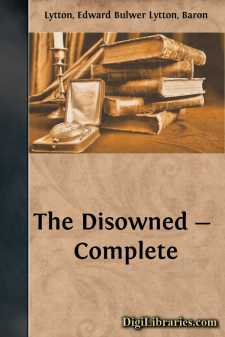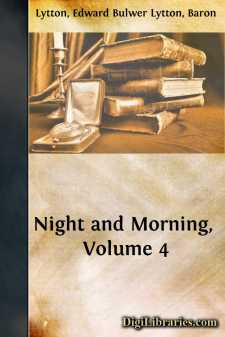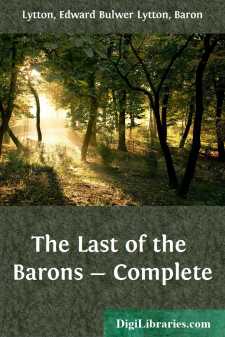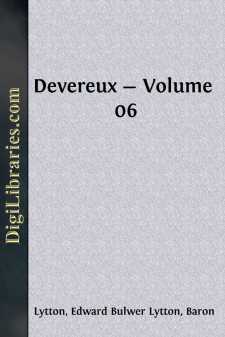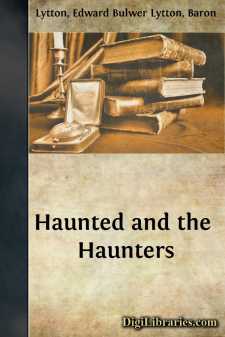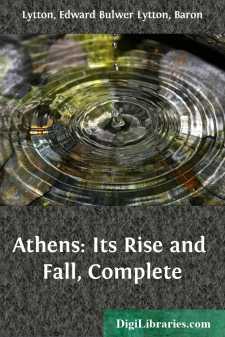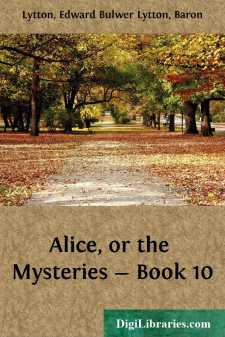Categories
- Antiques & Collectibles 13
- Architecture 36
- Art 48
- Bibles 22
- Biography & Autobiography 815
- Body, Mind & Spirit 144
- Business & Economics 28
- Children's Books 18
- Children's Fiction 14
- Computers 4
- Cooking 94
- Crafts & Hobbies 4
- Drama 346
- Education 58
- Family & Relationships 59
- Fiction 11834
- Games 19
- Gardening 17
- Health & Fitness 34
- History 1378
- House & Home 1
- Humor 147
- Juvenile Fiction 1873
- Juvenile Nonfiction 202
- Language Arts & Disciplines 89
- Law 16
- Literary Collections 686
- Literary Criticism 179
- Mathematics 13
- Medical 41
- Music 40
- Nature 179
- Non-Classifiable 1768
- Performing Arts 7
- Periodicals 1453
- Philosophy 65
- Photography 2
- Poetry 896
- Political Science 203
- Psychology 44
- Reference 154
- Religion 515
- Science 126
- Self-Help 85
- Social Science 83
- Sports & Recreation 34
- Study Aids 3
- Technology & Engineering 59
- Transportation 23
- Travel 463
- True Crime 29
Our website is made possible by displaying online advertisements to our visitors.
Please consider supporting us by disabling your ad blocker.
The Disowned - Complete
Description:
Excerpt
CHAPTER I.
I'll tell you a story if you please to attend. G. KNIGHT:
Limbo.
It was the evening of a soft, warm day in the May of 17—. The sun had already set, and the twilight was gathering slowly over the large, still masses of wood which lay on either side of one of those green lanes so peculiar to England. Here and there, the outline of the trees irregularly shrunk back from the road, leaving broad patches of waste land covered with fern and the yellow blossoms of the dwarf furze, and at more distant intervals thick clusters of rushes, from which came the small hum of gnats,—those "evening revellers" alternately rising and sinking in the customary manner of their unknown sports,—till, as the shadows grew darker and darker, their thin and airy shapes were no longer distinguishable, and no solitary token of life or motion broke the voiceless monotony of the surrounding woods.
The first sound which invaded the silence came from the light, quick footsteps of a person whose youth betrayed itself in its elastic and unmeasured tread, and in the gay, free carol which broke out by fits and starts upon the gentle stillness of the evening.
There was something rather indicative of poetical taste than musical science in the selection of this vesper hymn, which always commenced with,—
"'T is merry, 't is merry, in good green wood,"
and never proceeded a syllable further than the end of the second line,—
"when birds are about and singing;"
from the last word of which, after a brief pause, it invariably started forth into joyous "iteration."
Presently a heavier, yet still more rapid, step than that of the youth was heard behind; and, as it overtook the latter, a loud, clear, good-humoured voice gave the salutation of the evening. The tone in which this courtesy was returned was frank, distinct, and peculiarly harmonious.
"Good evening, my friend. How far is it to W——? I hope I am not out of the direct road?"
"To W——, sir?" said the man, touching his hat, as he perceived, in spite of the dusk, something in the air and voice of his new acquaintance which called for a greater degree of respect than he was at first disposed to accord to a pedestrian traveller,—"to W——, sir? why, you will not surely go there to-night? it is more than eight miles distant, and the roads none of the best."
"Now, a curse on all rogues!" quoth the youth, with a serious sort of vivacity. "Why, the miller at the foot of the hill assured me I should be at my journey's end in less than an hour."
"He may have said right, sir," returned the man, "yet you will not reach W—— in twice that time."
"How do you mean?" said the younger stranger.
"Why, that you may for once force a miller to speak truth in spite of himself, and make a public-house, about three miles hence, the end of your day's journey."
"Thank you for the hint," said the youth. "Does the house you speak of lie on the road-side?"
"No, sir: the lane branches off about two miles hence, and you must then turn to the right; but till then our way is the same, and if you would not prefer your own company to mine we can trudge on together."
"With all my heart," rejoined the younger stranger; "and not the less willingly from the brisk pace you walk....


